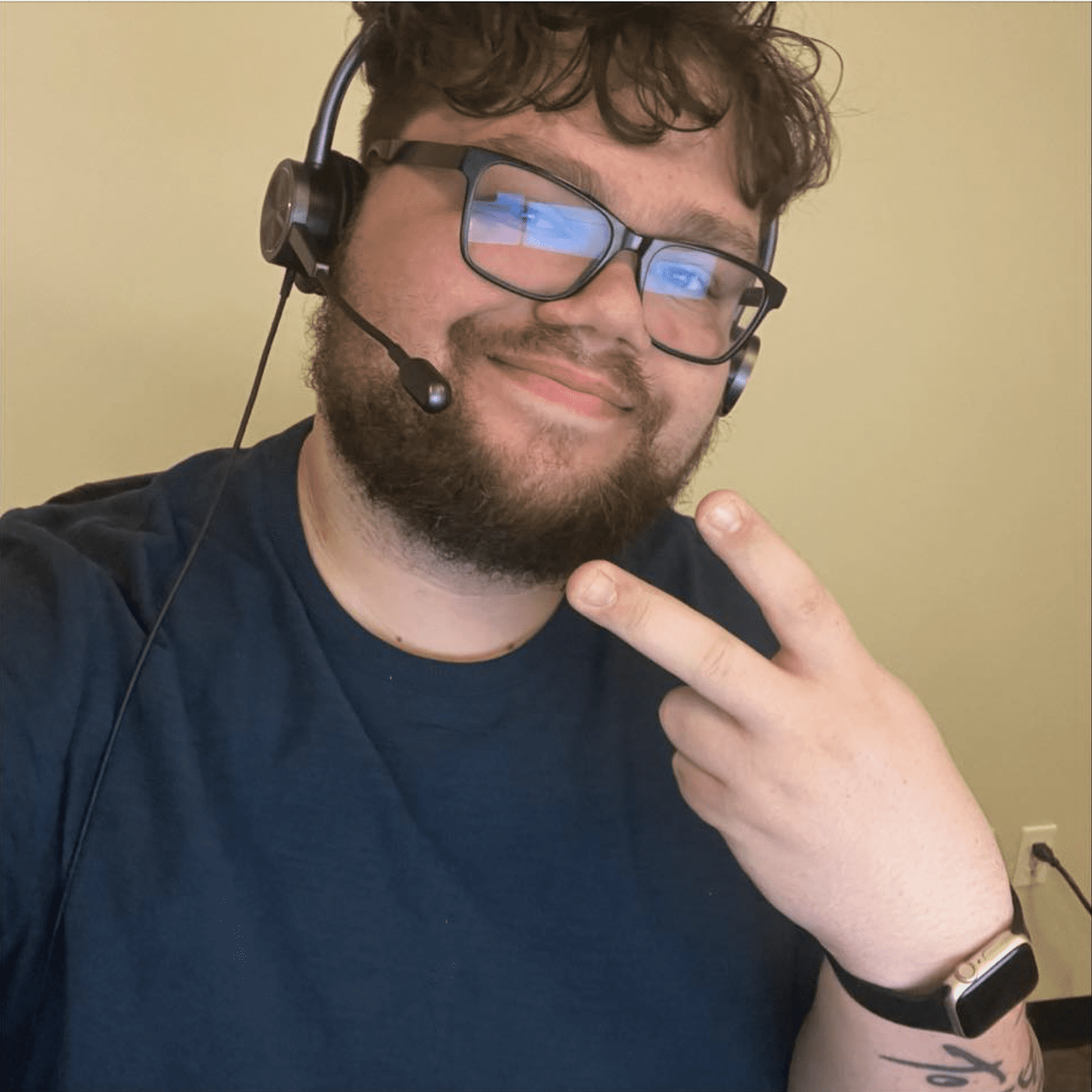John Finn
Briefly describe your daily job duties.
As the CSO of Tome, the Programmable Genomic Integration (PGI) company, I sit on the executive leadership team and lead a team of ~90 scientists in the Research and Development group. My daily job duties include A LOT of meetings! 1:1 meetings with my team members, small or large internal meetings, meetings with potential investors or partners. I also attend conferences and will be giving public presentations over the course of this next year.
My primary role is to direct the science at Tome and make sure that we are on track towards turning our gene editing platform into life-changing medicines for patients in need. I spend a lot of time not only managing the science, but also the people involved in this highly collaborative, cross functional effort.
As a person who stutters, share the most challenging part of your job.
The most challenging part of my job is the unpredictability of my fluency. I have good days and bad days, and it is hard to tell how my fluency will be on any given day. I have learned to introduce myself and my stutter before every meeting or presentation as I find that this not only takes the pressure off of me, but it lets the listener focus more on what I am saying as opposed to wondering what is going on and if I am ok.
I also find public speaking very challenging, whether it is talking in front of the whole company at an all-hands meeting, (140 people), or giving presentations at conferences.
What are your long-term career aspirations?
I am very grateful that I am already have my dream job! I have been working in the field of gene and cell therapy for almost 25 years and this opportunity at Tome, to not only work with such an amazing team, but use ground breaking technology to develop medicine for sick patients, is what I have been waiting for my entire career.
Did you self-disclose your stuttering during the job hiring process? If so, how did you do it and how do you currently disclose your stuttering to unsuspecting co-workers, clients and or customers?
I almost always disclose my stutter. Over the years, I have found that people appreciate when I am upfront about my stutter. I usually say something like “As you may be able to tell, I have a stutter. It can take me a bit longer to say what I want to say, but don’t worry, everything is fine, this is just the way that I talk. If you ever don’t understand me, please ask me to repeat myself. ” I sometimes will also mention that my brothers stutter, so that people can understand that there is a strong genetic component to stuttering.
What is your proudest moment at your current company?
My proudest moment happened right before our company was about to open our next round of financing. We had to raise a lot of money and I did not have any experience with pitching to investors. I was not sure how the Leadership Team (LT) at Tome felt about my stuttering and whether this would potentially hurt our chances by turning away investors. We had a very open conversation about my fluency with the whole LT and while it was a very difficult topic for me to bring up, I left the meeting feeling completely supported by the LT and empowered to represent my research team and highlight the incredible progress they have made.
Fast forward a year later, I played a part in probably over 100 meetings with investors and we ended up having a very successful fundraise . It was the incredibly supportive attitude of the LT and their willingness to have a hard conversation about stuttering that I am most proud of.
Describe how stuttering makes you a better, more valued contributor at work.
I think stuttering has given me more empathy for others and I think it also helps people connect with me on a personal level. There is a certain level of authenticity that comes with being who you are and this resonates with people.
What’s your best advice for people who stutter just entering the workplace and for those in a career striving to achieve greater success?
Be yourself! I would also advocate self-disclosing in as many situations as you can. Spend time learning about yourself and factors that affect your fluency (for example, certain things that help with me are getting enough sleep, not eating a big meal right before a presentation, and daily supplementation with B1 vitamin). Try not to limit yourself out of fear. And always remember, after a hard day (whether it is fluency related or not), this too shall pass!
Be sure to check out John’s thoughts on winning the ESGCT Young Investigator Award in 2013.



